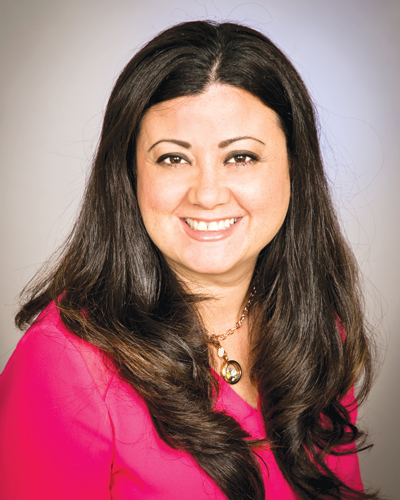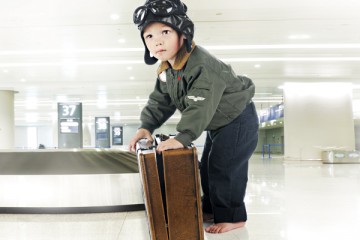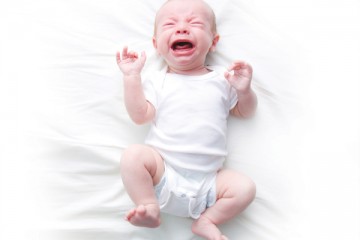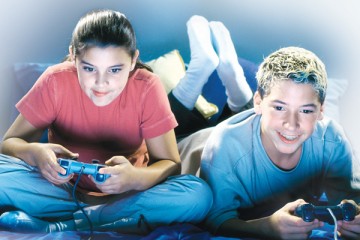Anxiety and Kids
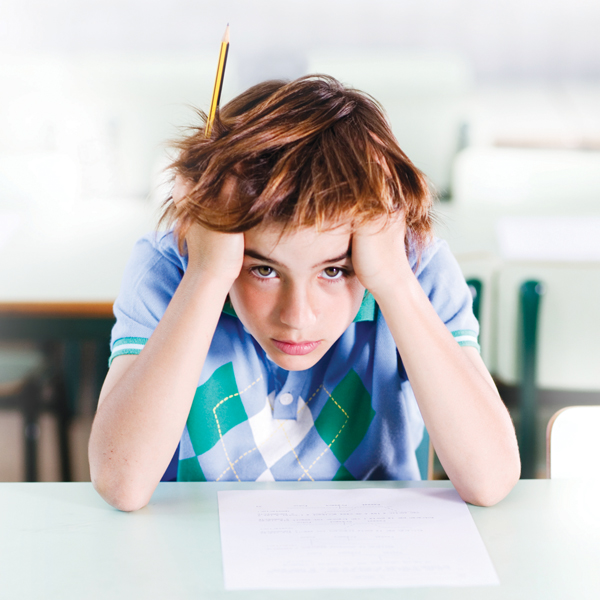
ANXIETY IN YOUNG KIDS
Dr. Mery Taylor, a CHOC clinical child and adolescent psychologist, says it’s normal for young children to be scared of the dark, or apprehensive when they experience a new place, for example for a six-year-old to be afraid of going to the doctor. Parents can prepare their kids by talking these things out and explaining that we go to the doctor to make sure we are healthy by checking our body, such as with a stethoscope. Be honest if they will get a shot and what it might feel like. Assure them you will be there with them the whole time. If your stay calm, there is a greater likelihood they will, too! “All children go through times when they need a little extra help preparing them for a new situation, a new task or unfamiliar environment. It’s our bodies natural response to a novel situation, to stop, take stock and prepare.
ANXIETY IN TEENS
“Teens today have anxieties about failure in school, social alienation, being embarrassed or general fears about injuries or natural disasters. There is a lot of pressure from teachers and parents to do really well in school. A lot of kids I see fear that if they don’t get into a top college, their life is over. They worry about friends accepting them and the four AP tests coming up,” says Dr. Taylor. If your teen expresses thoughts of being a failure, is exceptionally irritable, seems overly stressed or over-scheduled, “some intervention needs to happen,” she says. “Ask yourself, ‘How is this impacting my child’s mental health? Something has to give.’”
REDUCE THE ANXIETY: TIPS FOR PARENTS
If your child is overly anxious:
- Ask him what he’s specifically worried about. Reassure him and let him know he is safe. Validate your child’s concerns and don’t be dismissive.
- Let your child know she can come and talk to you any time about her fears. Encourage her not to hold her fears inside. Tell her you worry about things too, and share with your child how you cope with your worries.
- Practice relaxation exercises together, such as taking a walk, taking deep breaths, thinking about favorite places or practicing Yoga.
- Avoid horror or scary television shows and movies, TV news and scary video games that can frighten young children.
Meet Dr. Taylor, Ph.D. - CHOC Clinical Child and Adolescent Psychologist
Dr. Mery M.Taylor is a psychologist at CHOC. She completed her clinical and pediatric psychology pre-doctoral internship at Harvard Medical School/Children’s Hospital in Boston and a pediatric psychology fellowship at Children’s Hospital Los Angeles/Center for Cancer & Blood Diseases. Dr. Taylor is interested in multi-cultural issues and working with Spanish-speaking families. She conducts a support group for teens with diabetes and their families. Dr. Taylor also works with adolescents who have eating disorders and she uses biofeedback for children with pain.
Dr. Taylor’s philosophy of care: “I try to provide care to patients and families in a way that I would wish to be treated as a parent and I would want my child to be treated, with high-quality care, empathy and personal attention.”
EDUCATION:
University of Kansas, Lawrence, KS
Helpful Holiday Tips for Children with Autism Spectrum Disorders
The holiday season is a joyful time of the year, but it also can be stressful for kids with autism spectrum disorders (ASD). Preparing and planning early for the holidays can help you relieve some of the holiday stress. Here are a few helpful tips from our partner, The Center for Autism & Neurodevelopmental Disorders.
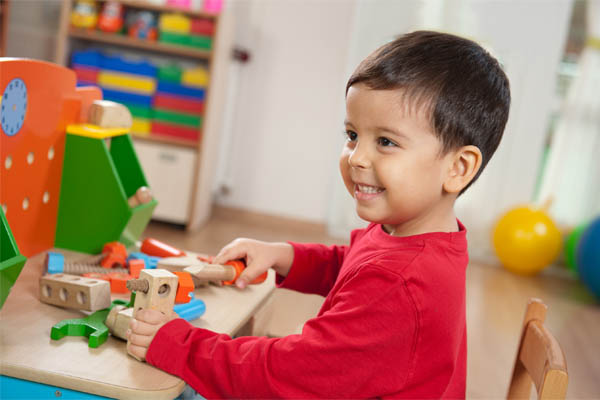
Knowledge is the best medicine. Learn more about your child's health in these features from the experts at CHOC.
Keep Kids Healthy While Traveling
There are plenty of germs flying with you in that airplane. People should bring waterless, alcohol-based hand sanitizers or wipes with them on the plane. Use them before eating or drinking and after using the bathroom and washing your hands.
What Is Colic?
Colic is the term used to describe uncontrollable crying in an otherwise healthy infant during its first three to four months of life. Typically colic is diagnosed if the baby is crying at least three hours a day, for three or more days per week and for three weeks or more.
Screen Time Insomnia
Screens, including TVs, computers, tablets, iPhones and video games, can emit a blue light that can be a strong signal to your brain that it’s daytime or wake time. If the screen is being used at night, it can send your body a signal that makes it difficult to know it’s nighttime and sleep time.
